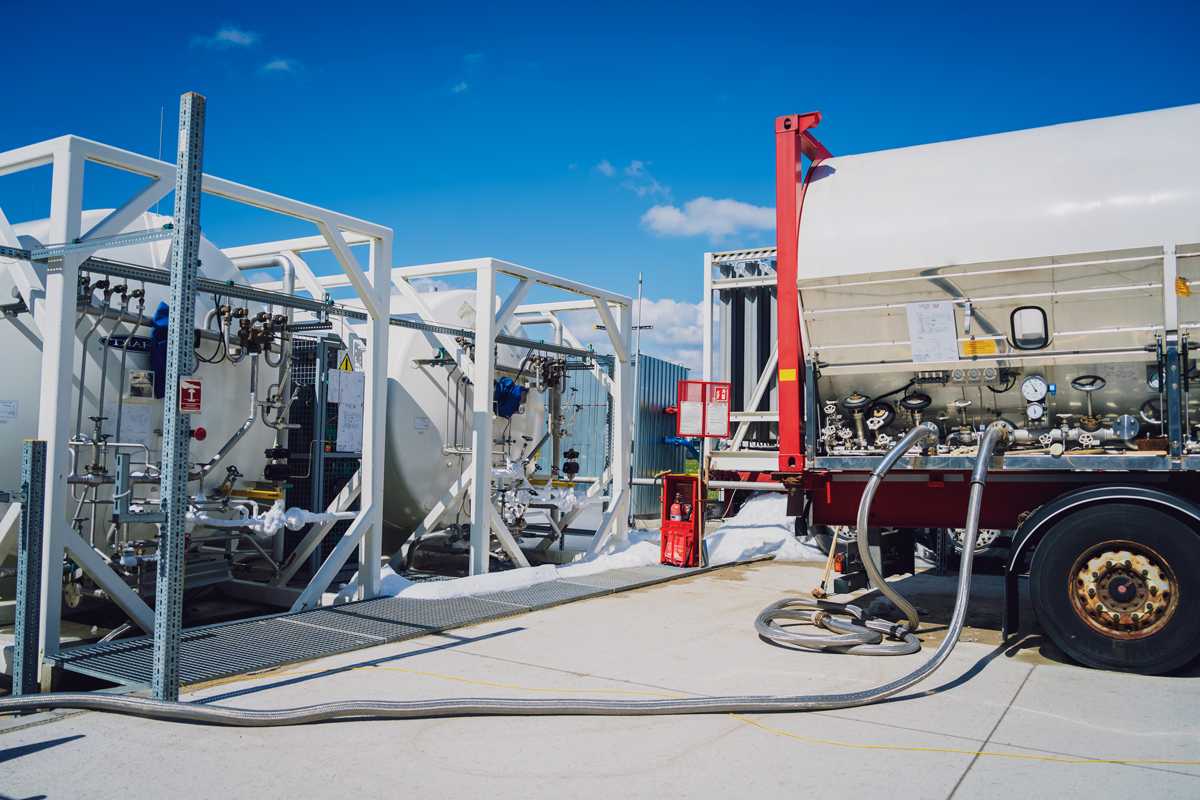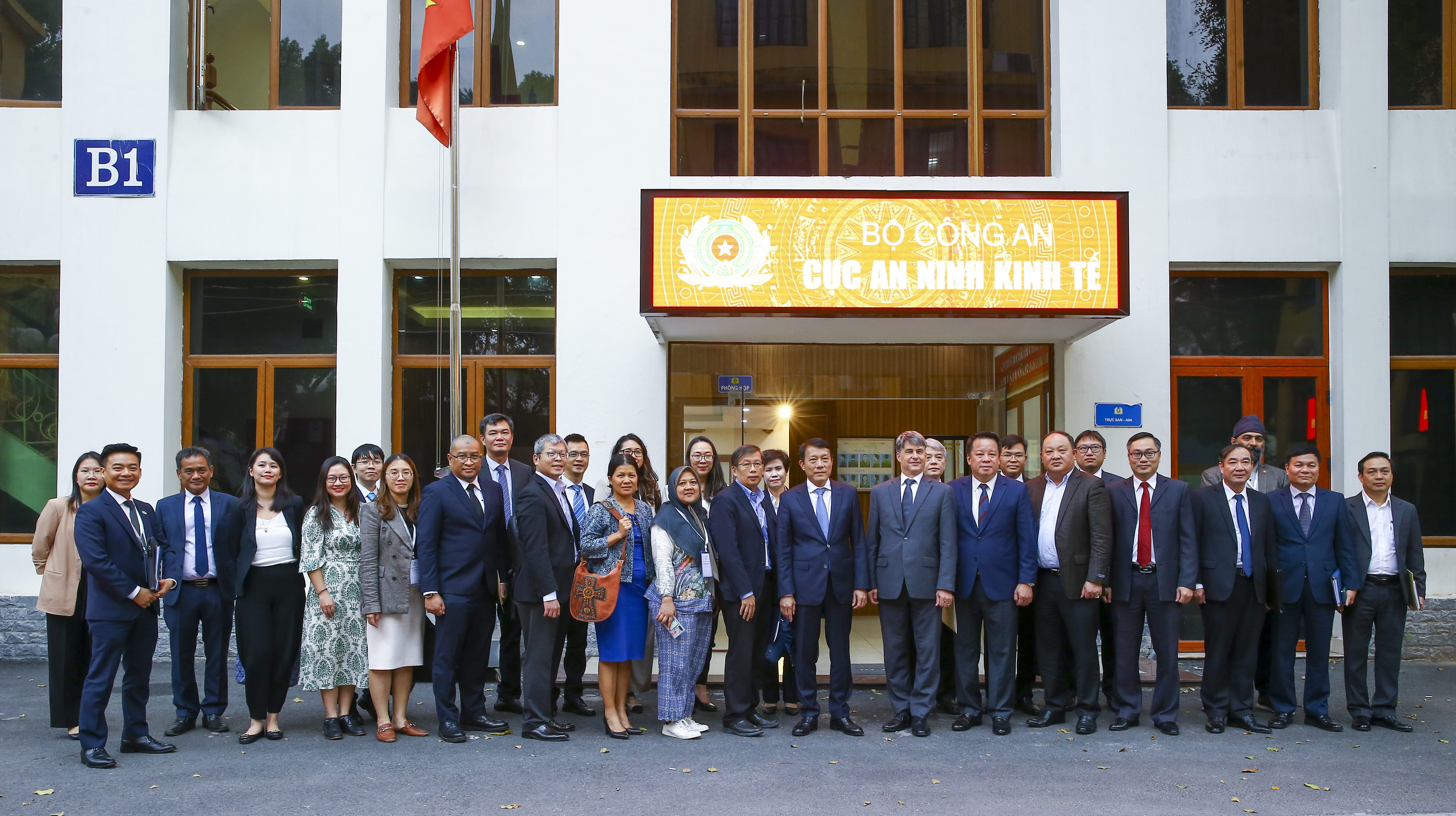“Bridging” the Gap: The Real Effects of the U.S. LNG (Liquified Natural Gas) Pause

The United States was the number one exporter of liquified natural gas worldwide in 2023, with Europe, East Asia, and Southeast Asia coming in as the top regional purchasers and consumers. Total exports rose by nearly 15% from 2022 to 2023. The U.S. Department of Energy has pausedthe issuance of new LNG export licenses, citing environmental concerns, along with preserving U.S. energy security and combating raising consumer costs as reasons for doing so. This comes as studies challenging the longstanding claim by oil and gas companies that LNG is cleaner than coal proliferate. The licensing pause has not prevented established top U.S. LNG companies from servicing their Southeast Asia-based customers. LNG, often described as the energy transition’s “stepping stone” or “bridge” fuel between crude oil and eventual renewables by advocates, is often proposed as a cleaner and more secure energy source for the coal and oil-abundant ASEAN region.
The Philippines is looking toward U.S.-sourced LNG as the archipelago's Malampaya gas field’s reserves decline and maritime tensions in the South China Sea deter energy exploration. This is not to mention the switch’s contributions toward achieving national and multilateral decarbonization targets. Opponents to LNG reason that while LNG may be cleaner than coal in that its usage produces less carbon dioxide, LNG’s extraction and processing emits a disproportionate quantity of methane which offsets the supposed environmental benefits. Analystssurmise that the hard truth most likely lies somewhere in the middle of these contesting claims but that the long-term debate is irrelevant to the broader energy transition, which envisions a complete transformation to all renewable, clean energy sources in the race to net-zero. ASEAN has a rapidly approaching deadline of 35% renewable energy sourcing by 2025, and LNG,whether in region or imported, is set to play a role in bridging the gap.




![Cover-[USABC-Final]-Driving-ASEAN-Unity-Malaysia's-Vision-for-2025](/sites/default/files/2025-07/Cover-%5BUSABC-Final%5D-Driving-ASEAN-Unity-Malaysia%27s-Vision-for-2025.jpg)




